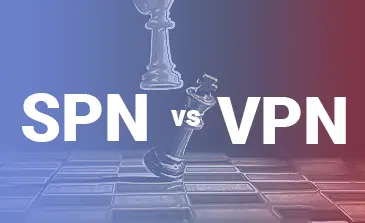I guess not letting the perfect be the enemy of the good would be a fundamental different value. I used to think just pay for what you want because being a customer should lead to better results. The last 10 or so years has disabused me of the notion - so many companies are plenty willing to lie to us or treat us horribly and charge for the “privilege”.
My main point is you seem to be saying “Advertising driven journalism is worse than pay for access journalism.” I’m saying “citation needed” - given how cable news and online sites are such echo chambers now (and widely accepted and studied to be so). Even more concerning is the drift of podcasts, substacks, and youtube channels that rely on donations or subscriptions to ever more extreme areas in “audience capture” where advertising has been less a direct driver than broadcast news. This leaves me wondering if the traditional broadcast media like ABC/NBC/CBS isn’t less prone to conspiracy theories, outright lies, and also more likely to be willing to show me something I don’t want to hear because I’m not directly paying them.
Also sites like https://mediabiasfactcheck.com/center/ and https://adfontesmedia.com/interactive-media-bias-chart/ tend to rank traditional “boring” sources as most factual and least biased, especially local broadcast affiliates local newscasts. I.e. pretty traditional advertising driven news a la the 1980s.
Maybe you dispute factuality rankings and bias rankings. Maybe you think conspiracy theories or shows like “The Daily Show” or Tuckers twitter show are better than choosing not to cover some topics that you feel they should have covered.
I just think today it’s far harder to bury a story - if you want to hear about it, someone is commenting. But it’s far easier to flood the zone with bullshit, and the incentives with pay for access media seem to encourage being like Joe Rogan and not Barbara Walters for instance.
And maybe your entire point is there’s no good solution and news was worse in broadcast times vs today. I might agree with the first except for that means giving up on getting any news at all and I disagree on the second. It’s also why I think having both currently known workable models as alternatives may help - the paid news sources will not be able to as easily be pressured by advertisers or the government funding to not cover topics and the advertiser sources will be more incentivised to report mainstream and boring news than the pay sites.







For home use (and small uses at work) I’ve found cyberpower to be cheaper than APC and yet work as well. You’d likely need to get a model with a network card option, and that’ll cost more I think. I’m not in EU though, so IDK what model would meet your needs and price point (which seems pretty low to me for a network enabled UPS).